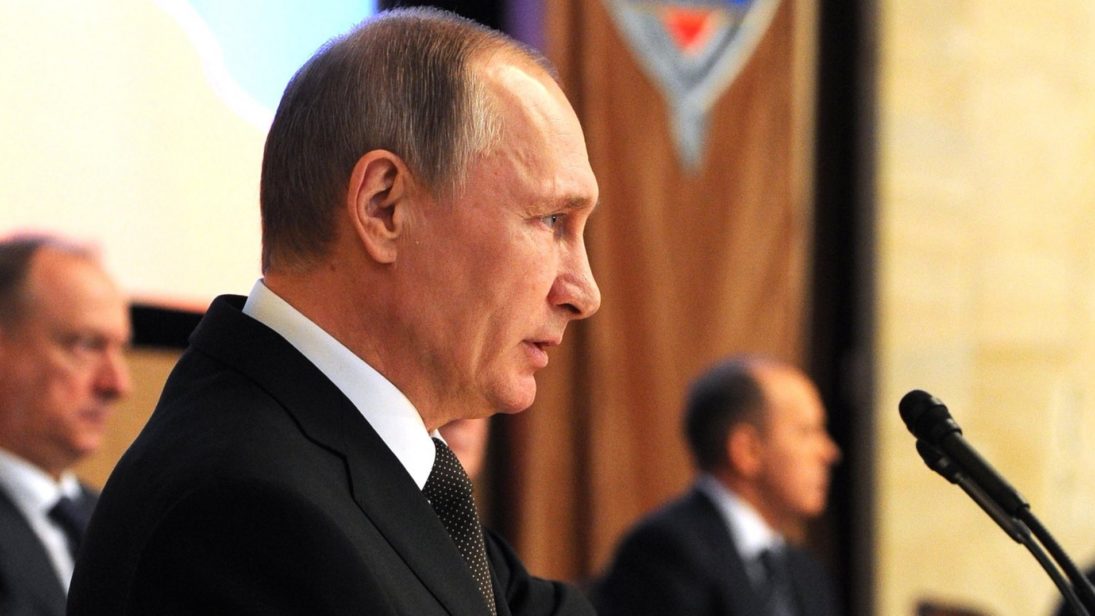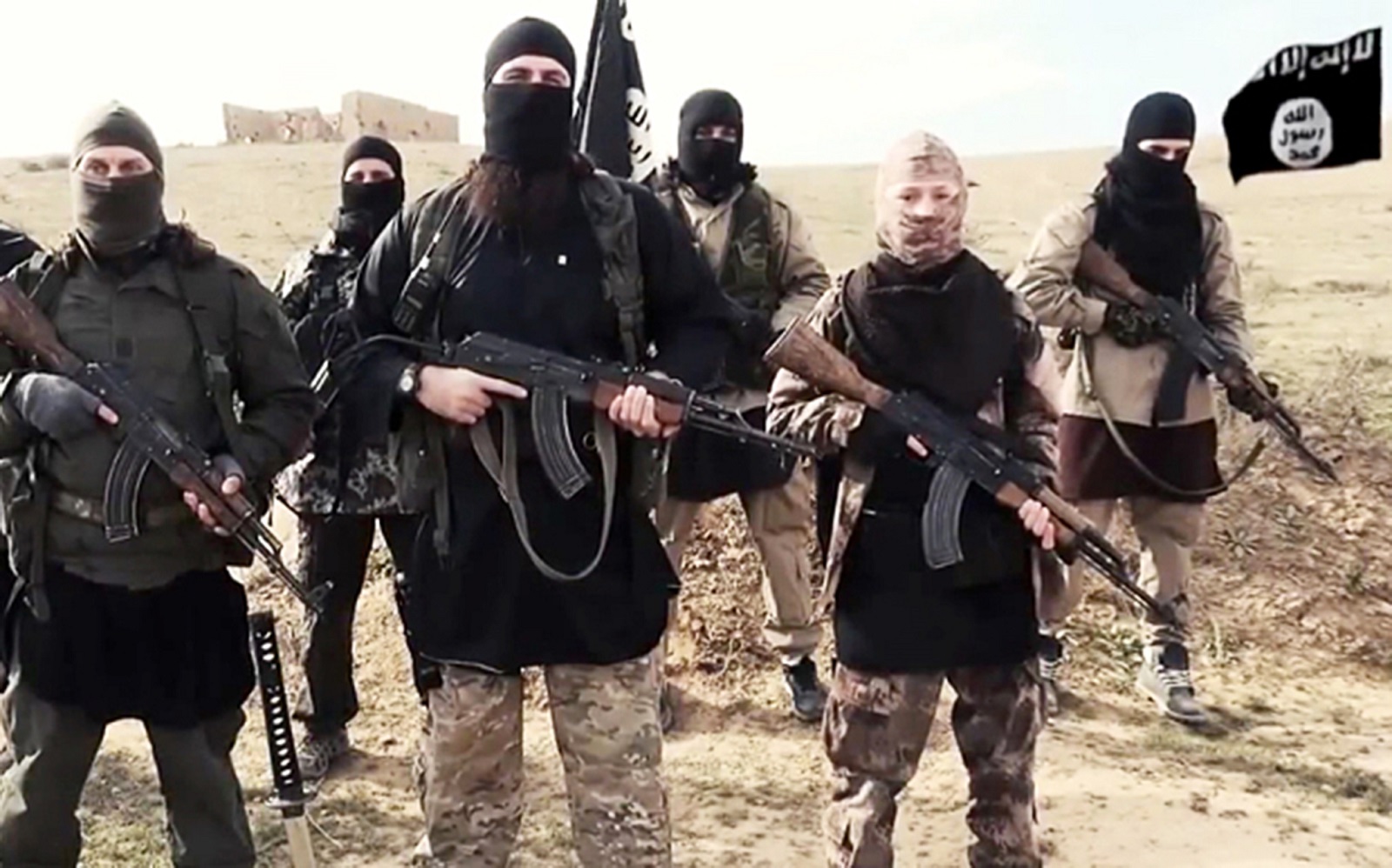
Reports of Russian initiatives dealing with the Afghan situation and their outreach to Pakistan have set the proverbial cat among the pigeons. Many believe that with the vacuum in Washington, D.C. and with Russia’s inclination to take up foreign ventures, Afghanistan will be a potential target.
Russia’s engagement in Afghanistan today must take into account three factors. First, the memory of the historical misadventure of 1979-89, second, geopolitical interests of its Central Asian allies, third, its desire to show at home that it remains a global player in foreign affairs. None of these really explain the Russian eagerness to play a role in Afghanistan today. The security situation is not too good and no external party, including the United States, has the wherewithal to alter the situation there by itself. They can, at best, shape the outcome, provided they coordinate their actions and that is what they seem inclined to do.
However, each of the foreign parties, be they India, the United States, Pakistan, Russia, or Iran have their own reasons for being involved in the efforts to resolve the Afghan issue. Further, each of them find one or more of this list for deeper coordination. Thus, and Himani Pant does not mention this, India has tied up with Russia to provide important military equipment to the Afghan National Army(ANA). Just as the United States and Pakistan have found it convenient to ensure that the ANA does not get a certain level of military capability.
Monish Tourangbam and Nandita Palrecha suggest that the Russian desire to eliminate Daesh is a major driver. There is some logic to this since Russia is commonly listed as the number 3 country in terms of foreign fighters with the Daesh. Estimates from 2015 suggest that there are or were between 2,400 to 2,700 Russian fighters and about 4,000 from the Central Asian Republics. Russia is still the primary security provider to the Central Asian Republics, though in economic terms it has been bested by China.
Looking at Russian perspectives towards India and Pakistan, it needs to be stated at the outset that they actually have no intrinsic interests in South Asia, despite the long and close Indo-Soviet/Russian relations. The hostility towards Pakistan was only because Islamabad chose to be part of the United States-led containment policy. Ideally, Russia, or for that matter the United States, would like to have good relations with both India and Pakistan. In that sense, unlike China, they have not sought to aggravate Indo-Pakistani hostility. Indeed, there have been periods, notably from around 1964-1970, when they sought to straddle the India-Pakistan divide. Many of the writers here see Russian interest in South Asia as driven by economic needs, but Russia’s economic ties with even India, its biggest partner, are trivial.
Fatima Raza’s point that Russian interests in South Asia have revolved around energy routes, security, and access to the Arabian Sea need to be examined carefully. Actually, Russian access to the “warm waters” of the Indian Ocean are better served by the International North South Transportation Corridor than any route through Afghanistan and Pakistan. (This point has also been made by Kishwar Munir.) Another is the issue of Russia’s Greater Eurasian vision. Raza’s description of Russian policy is accurate, and it is true that Russia has set up the Eurasian Economic Union, but as of the past two years, it has been subordinated to the Chinese One Belt One Road. Realistically, Russia’s Eurasian ambitions are stymied by the poor state of its economy and there are even bigger question marks in the longer term on account of its demographic decline.
Munir’s description of the shifting geopolitics of Pakistan-Russia ties are accurate, but these could also be seen as a corrective to the distortion that occurred in the old and new Cold Wars. I am not sure whether the China-Pakistan Economic Corridor (CPEC) is the game changer it is being touted as. Unlike Munir, I wonder whether it can have the power to affect Pakistan-Russia relations. In my view, CPEC minus integration with India, Afghanistan, and Iran will just not be economically viable.
Pant’s piece can also be seen in this perspective. There were historical reasons for the strong Indo-Russian/Soviet ties which may no longer obtain. In the Cold War, Pakistan’s participation in the United States-led pacts and Soviet desire for friends in the Third World shaped the relationship. Subsequently, India and Russia found synergy in their hostility to China. But the situation no longer obtains. As of now, Indo-Russian ties are based on arms sales, and India’s interest in Russian energy supplies. Their trade, as Pant herself points out, is way below its potential.
On the other hand, the Russia-China relationship, as Pant points out, has grown by leaps and bounds. One point of caution with regard to their energy ties: While they have signed mega agreements, it is not clear how many will be operationalized on schedule because of the prevailing low oil price scenario.

So when we come to Afghanistan, we do see a commonality of interest among the Russians, Pakistanis, Iranians, and the Americans on the need to somehow bring the “good” Taliban into the governance structure and isolate and destroy the Daesh. India and the Afghan government remain skeptical of this view.
Even so, there is a question mark in claims that there is some “moral and political” commonality of interest in fighting the Daesh. The battle between Daesh which is a transnational group and the Taliban is rooted in Islamist ideology—the latter being seen as a Pakhtun group with interests solely in Afghanistan, and the former having global ambitions. To what extent Daesh can grow in Afghanistan is a question mark and associated with that is the question as to whether it is worth lowering the guard against the Taliban.
As for Kabulov’s statement, cited by Tourangbam and Palrecha, that Pakistan’s cooperation is needed for the elimination of Daesh from the subcontinent, seems to be overstated. First, Russia is hardly leading the charge against Daesh in South Asia and second, Daesh may have a presence in Pakistan, but it is of little consequence in India. In any case, despite its recent moves in Pakistan, Russia is not a player of any consequence in the subcontinent.
Into this equation involving Russia, China, India and Pakistan, we must consider the United States, the only one among them to actually have a military footprint, albeit a limited one, in Afghanistan. The new president is committed to wiping out the Daesh “from the face of the earth,” even though he is not particularly eager to involve the United States in any new military commitments. What the new Administration plans to do, or not do, has a vital bearing on the subject being discussed. Unfortunately, as for the present, there is no clarity on that as they do not yet seem to have had time to focus on an Afghan policy.
In any case, Tourangbam and Palrecha wonder whether the Great Game is back in Afghanistan. Possibly. Recent moves suggest that indeed, a kind of Great Game is on–the Russian invite to Afghan National Security Adviser (NSA) Mohammed Hanif Atmar to Moscow for talks on a range of issues, including the security situation and “national reconciliation.” Interestingly, prior to reaching Moscow, Atmar landed in London for a trilateral conference involving the United Kingdom, Afghanistan, and Pakistan on the narrower issue of ending the Pakistan-Afghanistan border standoff. However, the talks involving the British and Afghan NSAs and the Pakistani foreign ministry adviser Sartaj Aziz could not but have dealt with the wider issues affecting Afghanistan as well.
But all the parties know that Afghanistan is a very, very, difficult place and getting involved there could impose a price that they may not, in the ultimate analysis, be willing to pay.
Editor’s note: South Asian Voices (SAV) endeavors to ensure its contributors are influencing policy debates in India, Pakistan, and the United States. To this end, our feature Experts Ki Rai periodically has experienced South Asia specialists weigh-in on contributors’ analysis, in the hope of continuing to advance meaningful dialogue on the subcontinent and beyond. In this edition of Experts ki Rai, Dr. Manoj Joshi responds to our series Russia’s Evolving South Asia Policy which examines the significance of recent developments such as Russia reaching out to the Afghan Taliban, conducting its first ever military exercise with Pakistan, and drifting away from its traditional partner in the region, India. Read the entire series here.
***
Image 1: The Kremlin
Image 2: ISIS Fighters (Dean11122, Wikimedia)


